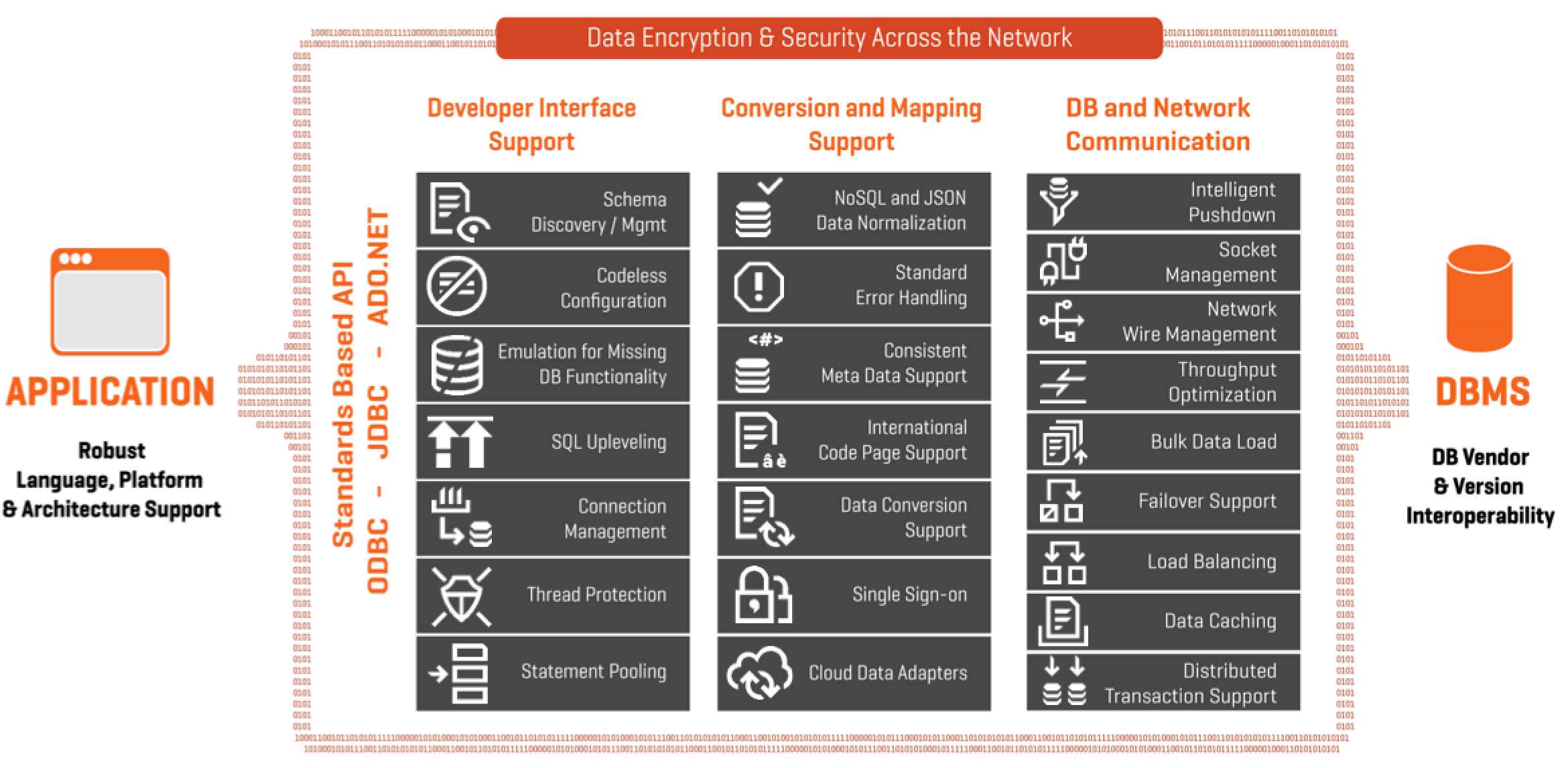Too Bad Sony Music Didn’t Have DataDirect

Manny Vergera shares a different approach to optimizing throughput, attacking the problem through ODBC/JDBC connectivity rather than CPU or RAM.
The impact of Michael Jackson’s untimely 2009 death didn't only affect his fans worldwide—it also served as a wake-up call to retail companies to keep up with online demand.
Sony had the rights to sell most of Jackson’s albums online. As millions of fans converged on Sony’s website to buy his music, the servers collapsed, unprepared for the massive purchasing request.
The fallout continued:
- Google initially believed that the input from millions of people searching for "Michael Jackson" meant that the search engine was under attack
- Twitter reported a crash
- Wikipedia crashed, reporting about a million visitors to Jackson's bio within one hour, the most within one hour to any article in Wikipedia's history
- AOL Instant Messenger went down for 40 minutes, calling it a "seminal moment in Internet history," and adding, "We've never seen anything like it in terms of scope or depth.
Sony lost millions because it didn’t have the capability to sustain the amount of traffic and purchasing requests for Jackson’s music.
Imagine if this happened to your company? Are you prepared for it? What happened to Sony Music is not unique. Similar situations happen every day. Company servers get stalled, or the number of CPU threads allocated to critical application or databases are configured incorrectly or RAM memory runs out.
Adding More Resources Won’t Help
If you have virtualized server or HA (high availability) cluster you may think it could help to allocate computer resources on-demand. However, the source of the problematic CPU consumption or memory leak will not go away by adding more resources.CPU and RAM use won’t improve unless you look at the root problem that exists at connectivity and integration between the application and database access.
Most database vendors offer ODBC and JDBC connectivity using proprietary libraries. These slow down the computing and processing power available to execute the correct amount of CPU threads at a given moment. Instead, it generates a phenomenon called Processor Affinity or CPU pinning, where the process or thread will execute only on the designated CPU or CPUs rather than on any CPU.
A Different Approach
Progress DataDirect takes a different approach to CPU and RAM optimization in your physical or virtual server. DataDirect uses Wire Technology, which allows the execution of CPU threads to connect directly to the database via standard ODBC, JDBC or ADO.NET protocols without having to execute the instructions of the database libraries.
Plus, DataDirect uses the Bulk Load feature for inserting very large numbers of records into a database as quickly as possible. It can reach up to 30X the throughput and optimizes CPU and RAM performance.
Anatomy and Features Inside the DataDirect Driver

With Progress® DataDirect® using Bulk Load, companies effectively satisfy the bulk data access requirements for a broad array of data access use cases. In doing so, they simplify the data access architecture, save important resources for other tasks and improve operational performance including the following scenarios:
- Data Warehousing—loading bulk data files into a data warehouse
- Data Migration—moving or copying data in tables from one database to another database
- Data Replication—taking bulk data files from a server or location and loading them into a database
- Disaster Recovery—moving data into a backup, disaster recovery, or failover database
- Cloud Data Publication—loading bulk data files or tables into a cloud-based database
Our Clients and Partners Rely on Us
Progress DataDirect increases efficiency, uses the best technology in wire protocol and gets the most out of computing resources when applications connect to databases via ODBC, JDBC and ADO.NET standards. It leads the industry and can reach up to a 30X improvement in performance.
Progress DataDirect is a powerful solution for many needs:
- Delivers the most reliable bulk load execution and best performance
- Requires no application code changes or database vendor tools
- Employs standards-based APIs across multiple databases and platforms
We're always happy to help you get the most out of DataDirect. If you have any questions, just let us know or reach out to us in the comments below.

